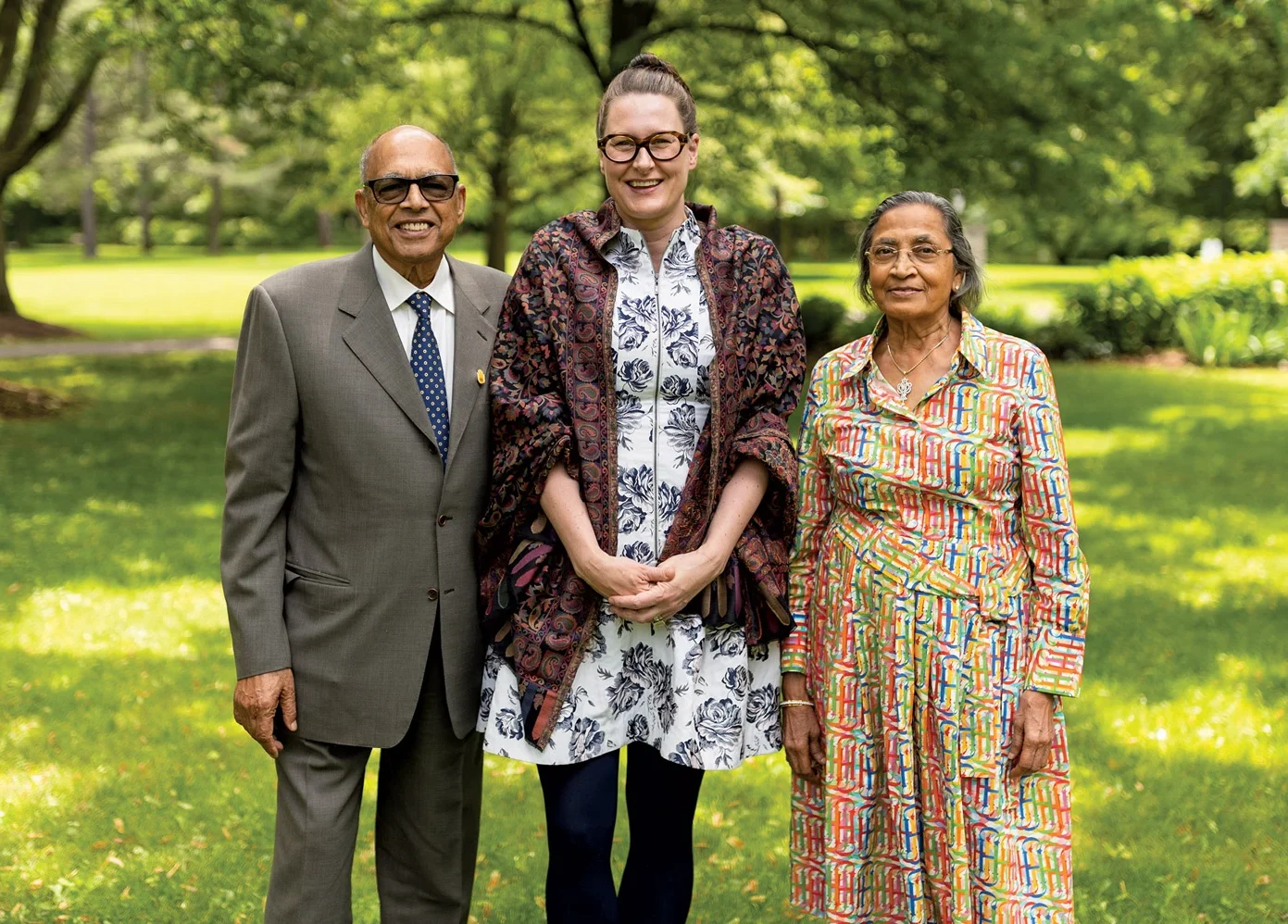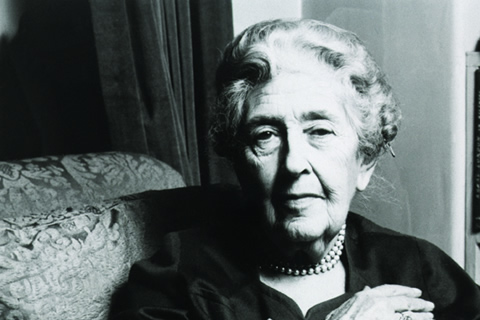
U of T Mississauga Names Literary Scholar as Chair in Jain Studies
Prof. Christine Chojnacki says Jainism, an ancient Indian belief system, has a lot to offer to help solve today’s global problems Read More
Professor Christine Chojnacki, a scholar of medieval Indian literature, has been named the inaugural holder of the Gyan and Kanchan Jain Chair in Jain Studies at U of T Mississauga. She will begin her term in January. The chair was established last year with a $2.5-million contribution from Gyan and Kanchan Jain and their family that was matched by the university for a total of $5 million.
The gift will give U of T students a chance to learn about the history, culture and philosophy of Jainism,1 an Indian religion with more than five million adherents worldwide. “It will provide students with an opportunity to cultivate a deeper understanding of Jain principles such as ahimsa (non-violence) – an idea that can bring peace and happiness to every living being,” says Gyan Jain.
In addition to an endowed chair, the funds will support work in community collaboration and knowledge translation.
The investment signals UTM’s commitment to expanding its Centre for South Asian Critical Humanities. “Jainism continues to have vital influence in South Asia and Canada and around the world,” says Alexandra Gillespie, U of T Mississauga’s principal and a vice-president at U of T. “We have a great opportunity to promote new research and teaching about this ancient belief system and to partner with Jain communities – locally and globally – to share this knowledge.”

Jainism has a deep history traced back more than 2,500 years to the teachings of Mahavira. It emphasizes non-violence, truthfulness, non-possessiveness and self-discipline; its followers are required to be vegetarian. Today, most Jains live in India, with Jain communities also found in Canada, Europe and the United States. It is one of the oldest religions still practised today but is much less well known in the West than other ancient Indian religions, such as Buddhism and Hinduism. “This is a real shame,” says Chojnacki, “because it has a lot to offer, including to help solve our global problems today.”
Chojnacki studies Jain literature from the eighth to 14th centuries. Among her notable achievements is an award-winning annotated translation of a Jain novel in a Prakrit language dating from the eighth century. She is dedicated to assessing the role of Jain literature and restoring these works to a prominent place in Indian culture. “Many older works are hardly known even in India itself, although they certainly deserve to be included in world literature,” she says.
As part of its community collaboration, U of T Mississauga will strengthen its ties to the Jain community and develop a direct line of engagement with the Jain temple in Brampton, Ontario. The partnership will attract global experts, while graduate students will be able to connect their textual research with lived practice.





